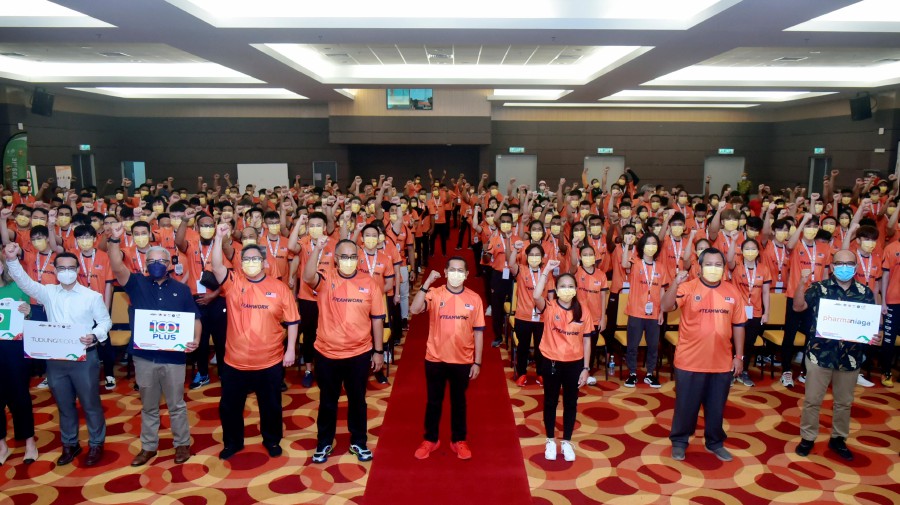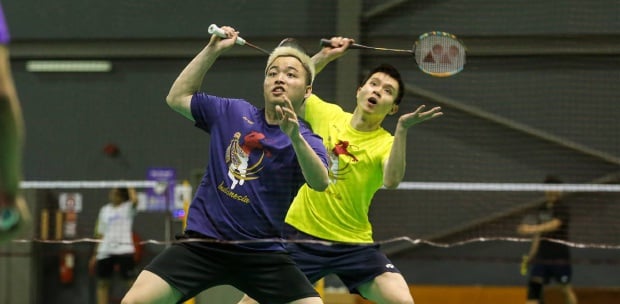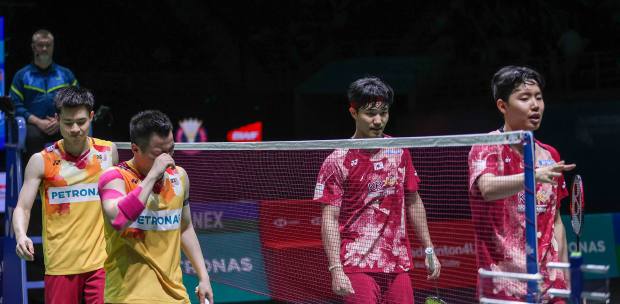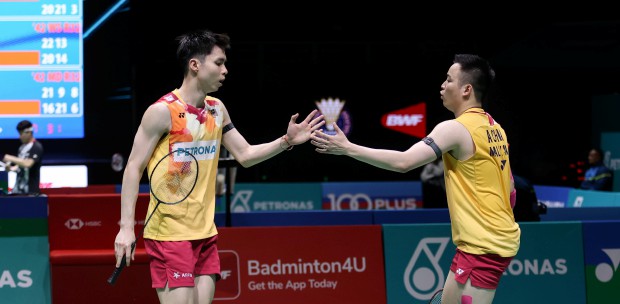KUALA LUMPUR: What is more important, quantity or quality?
This is the all-important question that sports authorities must ask themselves when coming up with initiatives to support athletes ahead of major championships such as the Olympics.
Is only qualifying for a major Games enough to justify athletes' flight tickets for the event?
The Olympic Council of Malaysia (OCM) has set strict qualification criteria under category A for the Sea Games and Asian Games, but what about the Olympics?
The Olympics are the biggest sporting event in the world, and it is every athlete's dream to earn the tag "Olympian".
However, we have had athletes with a few Olympic appearances, but returned empty-handed. What a waste of taxpayers' money.
Should we continue to support athletes who have no chance but just want to collect "Olympic" caps, enhance their social media platforms and become tourists?
Of course, qualifying for the Olympics is crazily tough. In fact, in some sports such as athletics and swimming, "A" class qualifying times are almost impossible to achieve by Malaysian athletes.
For instance, the qualifying time for the men's 100m is 10.00s for the Paris Olympics. And Azeem Fahmi comes closest with his national record of 10.09s.
He may just make the cut, though through his world ranking when the qualifying period ends.
Malaysia had 30 athletes at the last Olympics in Tokyo and returned with one silver through cyclist Azizulhasni Awang and one bronze through men's doubles Aaron Chia-Soh Wooi Yik.
The expectations were high on the national divers to deliver a medal. However, the divers did not make a huge splash.
It's understandable that having more athletes qualify for an Olympics will reflect positively and justify a country's investment in their athletes.
However, if more than 90 per cent of your athletes have no chance at all to make the Olympic podium, how will it reflect on you?
It is a tricky thing whether a country should only send those with a chance of medals to the Olympics.
Malaysia will definitely have representatives in badminton, cycling and diving in Paris, and a few more from sports such as archery, athletes, and swimming (through Olympic Consideration times).
Hockey may qualify for the Olympics, and their best chance will come at the Hangzhou Asian Games in September, where the gold medallists will get an automatic ticket to Paris.
The Malaysian Hockey Confederation, credit to it, has invested a lot in its national team, who have not qualified for the Olympics since Sydney 2000.
If the Speedy Tigers qualify, congrats to them, but can they beat teams like world champions Germany, Australia, Belgium, and the Netherlands for the podium?
Except for badminton and cycling, Malaysia will likely have no chance in other sports in delivering medals in Paris.
Malaysia have reached a stage where competing in the Olympics is simply not enough, considering the millions of ringgit spent in preparing athletes.
The athletes should be good enough to fight for medals when they are in Paris.
The Olympics are not a platform for exposure, to set personal best, get more followers on social media and collect Olympic pins. It is the arena for world-class athletes to fight hard for medals.
With just over a year before the Paris Olympics, things look shaky for Malaysia in terms of returning with medals.
It will be a touch-and-go Olympics for Malaysia who are at risk of returning empty-handed for the first time since the 2004 Athens Games,
Badminton has Lee Zii Jia, Aaron Chia-Soh Wooi Yik and Pearly Tan-M. Thinaah, but they are currently inconsistent.
As for cyclist Azizulhasni Awang, at 35, age is not on his side. But the keirin specialist is a fighter and very consistent.
The Youth and Sports Ministry has come up with the Road to Gold (RTG) initiative, and gold medal prospects will be part of the programme.
Sports Minister Hannah Yeoh has promised that the RTG budget and allocation for each athlete and sport will be made public in due time.
Kudos to Yeoh for encouraging transparency.
However, information of each athlete's mental state, fitness, and medal target ahead of Paris should also be made public.
It has become a modus operandi for athletes to touch on mental health and pressure when they do not meet expectations.
Instead, they blame the media and fans for that added pressure, when the pressure actually comes from associations, sports officials, sponsors, and funders.
Sports are in an advanced stage in Malaysia, and all top athletes have regular sessions with sports psychologists to help them improve their performances by emphasising on motivation, visualisation, effective teamwork and other psychological factors that may affect athletic form.
Hopefully, it will not be a tragedy in the City of Love (Paris) for Malaysian athletes next year.
Ajitpal Singh is the Sports Editor of NST






